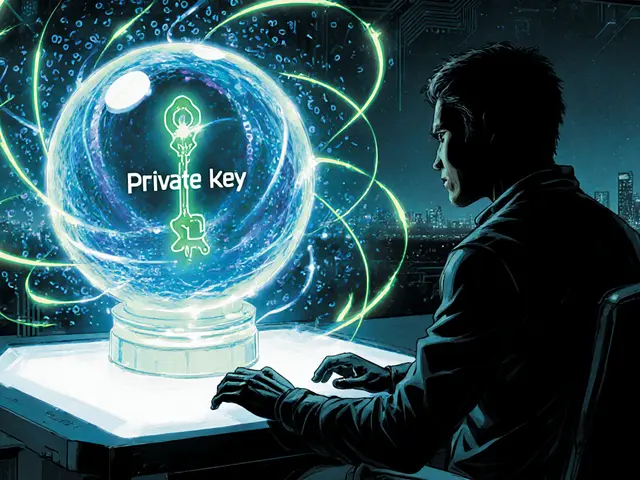Kraken Country Restrictions: Who Can Trade and Why
When dealing with Kraken country restrictions, the set of rules that determine which residents can open accounts and trade on the Kraken exchange. Also known as Kraken regional compliance limits, it shapes user access based on local laws. These limits are part of broader crypto exchange regulations, governmental rules that govern how digital asset platforms operate in each jurisdiction. To enforce them, Kraken requires thorough KYC requirements, identity verification steps like photo ID and proof of address and strict AML compliance, monitoring to prevent money laundering and terrorist financing. In practice, Kraken country restrictions encompass regional compliance limits, while crypto exchange regulations influence those limits. KYC requirements enable enforcement of the restrictions, and AML compliance affects user eligibility. The regulatory environment therefore shapes how Kraken and other platforms apply country‑specific rules.
Key Factors Behind the Restrictions
First, local licensing decides whether a platform can legally accept customers from a given country. If a jurisdiction bans crypto trading or requires a special license, Kraken will block residents from that area. Second, sanctions lists matter: users in countries under US or EU sanctions automatically fall under Kraken country restrictions, regardless of local crypto policy. Third, tax reporting obligations push exchanges to gather detailed financial data, which feeds back into KYC and AML processes. Finally, technical safeguards like IP geolocation and document verification tools help enforce the rules in real time. Together these factors create a layered compliance model: the outer layer is the global regulatory framework, the middle layer is regional licensing and sanctions, and the inner layer is user‑level verification. Understanding this hierarchy explains why someone in the United States can trade freely while a neighbor in Iran cannot, even if both use the same device.
Below you’ll find a curated list of articles that break down each piece of this puzzle. From deep dives on how specific jurisdictions handle crypto to step‑by‑step guides on meeting KYC standards, the collection gives you practical insight into navigating Kraken’s country‑based rules. Whether you’re checking if your residence is supported, looking for workarounds, or simply wanting to understand the compliance landscape, the posts ahead cover the most pressing angles of Kraken country restrictions.

Learn which countries and regions Kraken blocks for crypto trading, understand US state-level token bans, the EU stablecoin delisting timeline, and how to stay compliant.
Continue Reading





